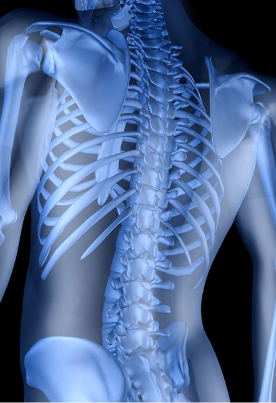A study from the Netherlands estimated the prevalence of FSHD to be 12 per 100,000.
2014
A review of all contributions to the field of FSHD research is conducted and a consensus theory is developed for FSHD.
FSHD Global funds Dr Davide Gabellini to create a new mouse model of FSHD using all the genetic material associated with the condition. This will create a better tool for the study of the process of FSHD and the development of new medicines to treat the condition.
Following anecdotal reports of people with FSHD suffering severe fractures FSHD Global engaged with leading neurologists in the USA and Australia to run a study on the risk of bone fracture in people with FSHD. The study is registered on Clinicaltrials.gov (NCT02413190). Results from this study may help people with FSHD get access to medicines and treatments that support bone health, reducing the risk of fracture and improving quality of life.
FSHD Global funds Australian researcher Dr Paul Gregorevic to investigation the potential of increasing bone morphogenic protein pathway to treat FSHD. As part of this project they are creating a new model of FSHD that better mimics the human condition.
FSHD Global continues to provide funding for drug discovery projects by providing funding to Dr Yi-Wen Chen to investigate the effectiveness of two potential treatments for FSHD.
FSHD Global provides Dr Stephen Palmer and Dr Leslie Caron to use the stem cells developed by Sydney IVF to screen a library of new molecules for potential treatments for FSHD.



